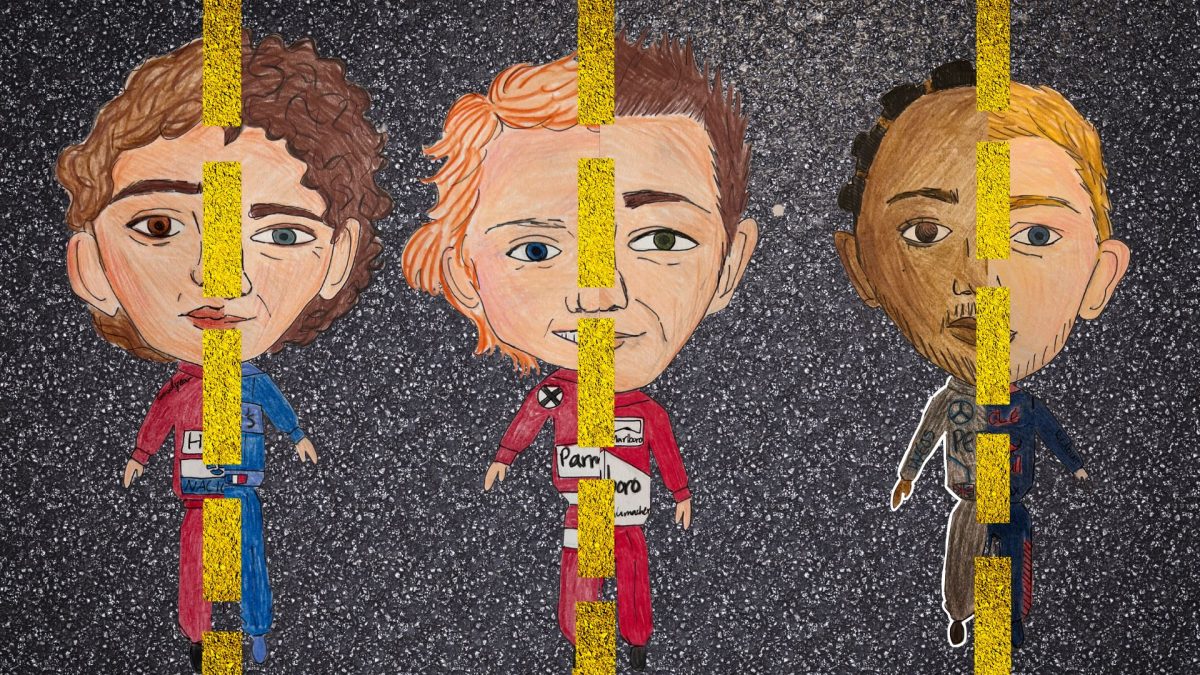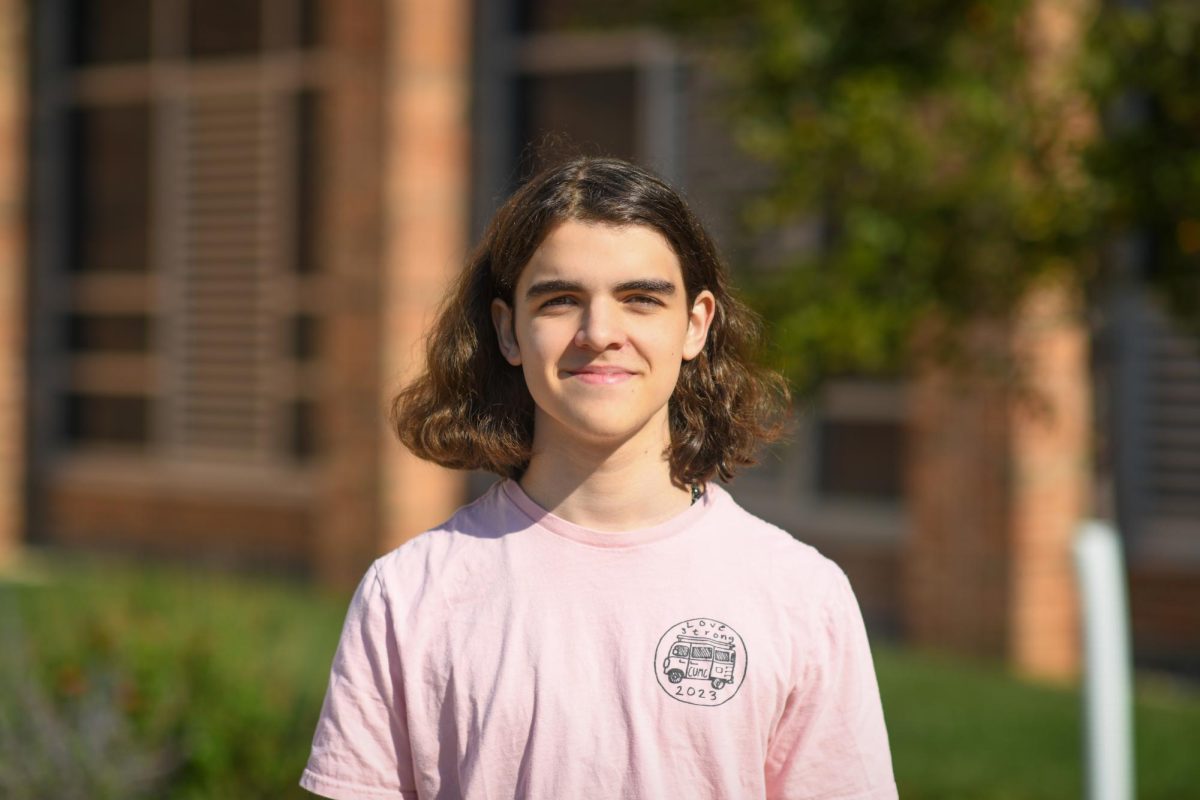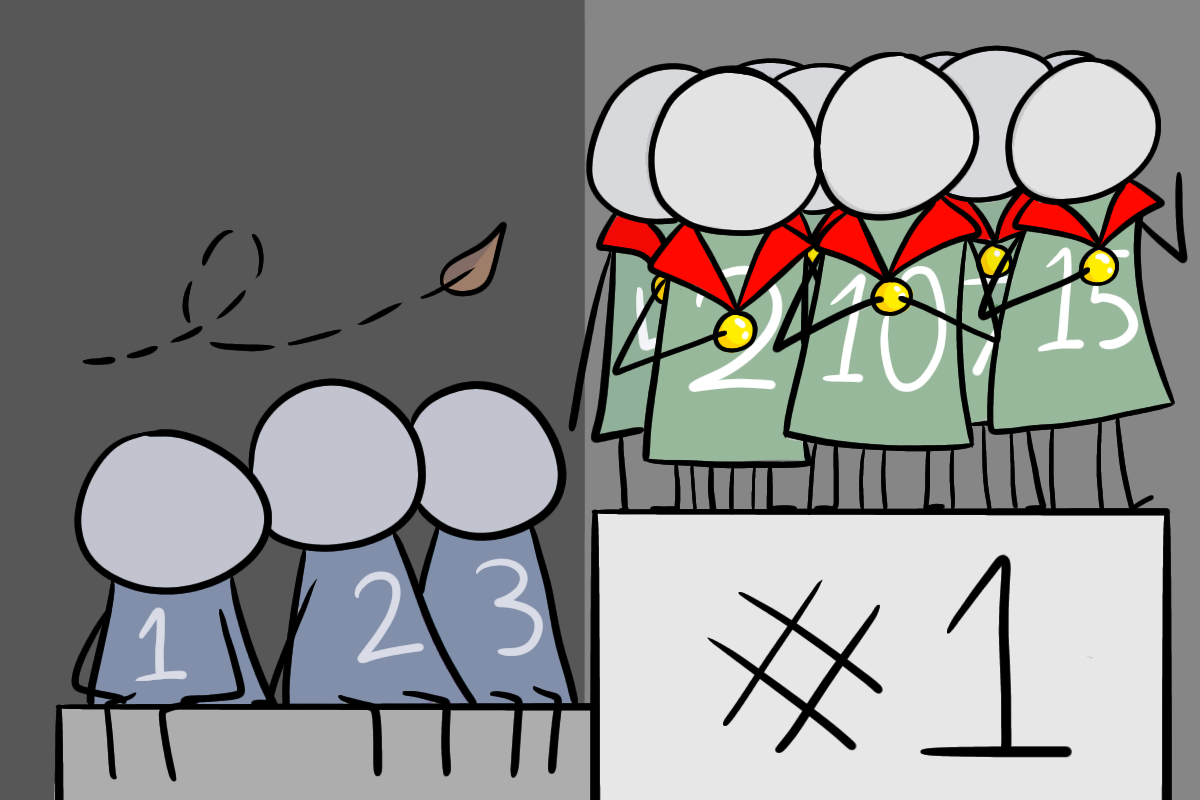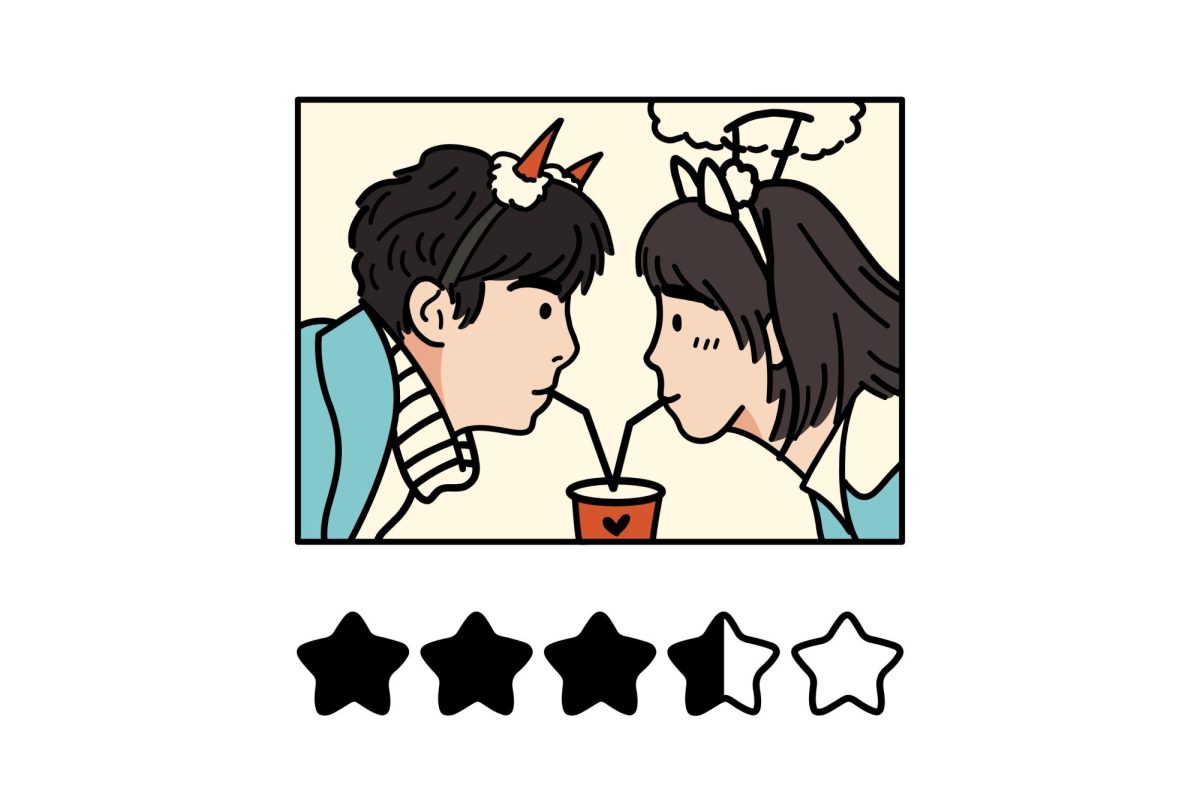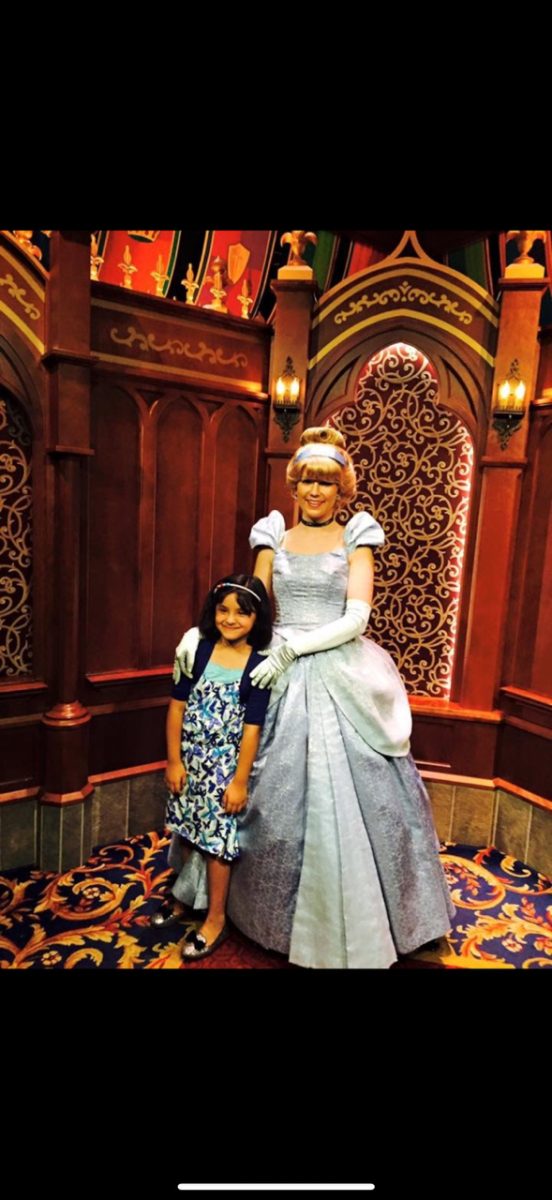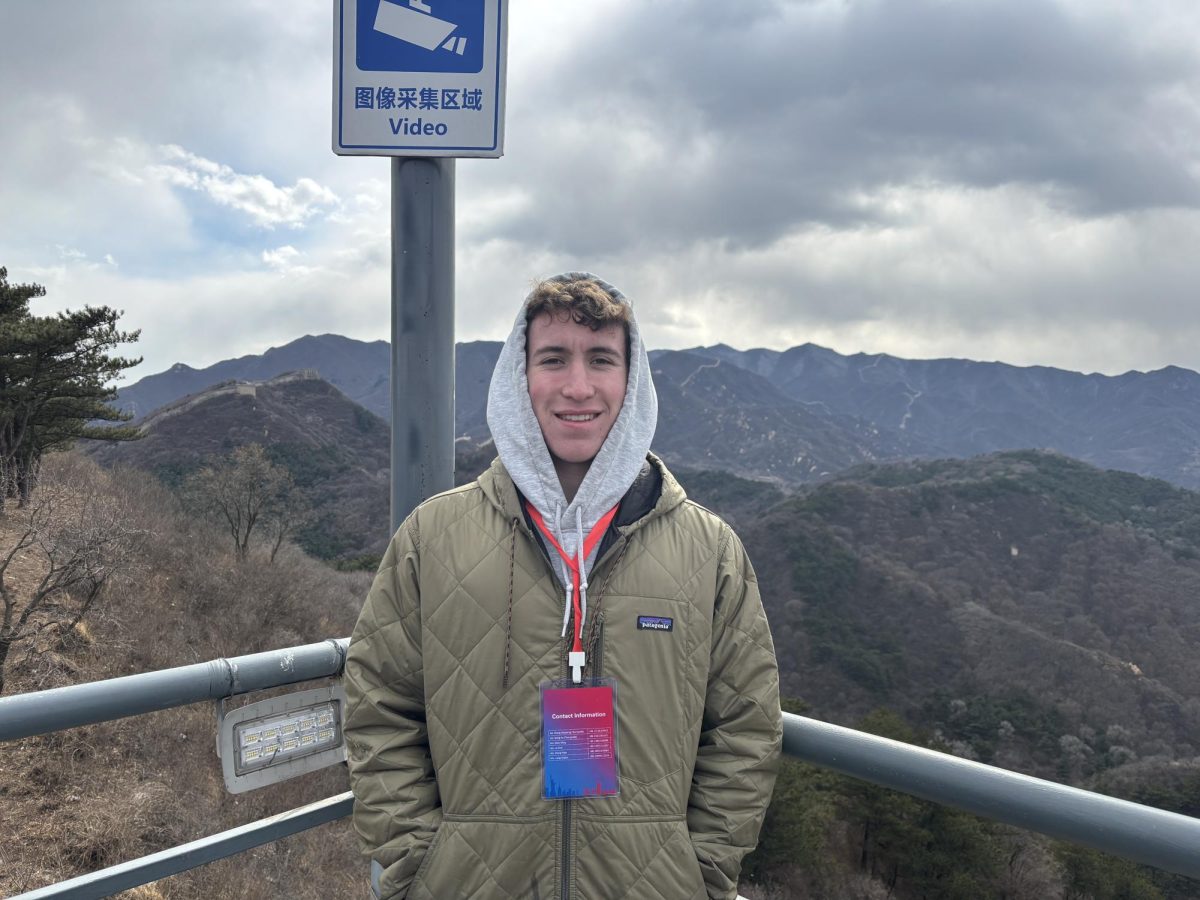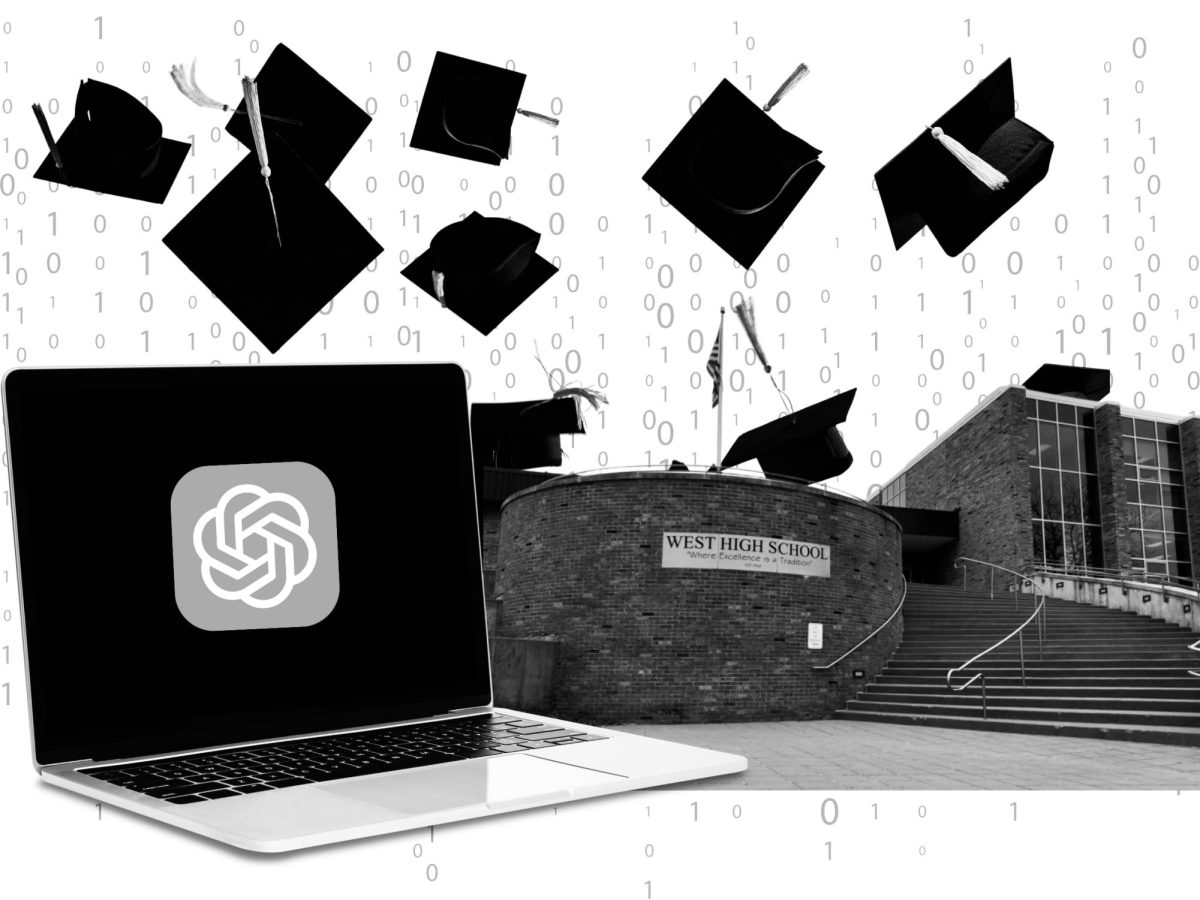
by Eleanor Marshall
Calling yourself a free spirit is pretty bold – but then again boldness is kind of a prerequisite anyway. And if there’s one thing I learned from the Al Neuharth Free Spirit and Journalism Conference that was held in Washington, D.C. July 9-14 this past summer, it’s that one person’s boldness and vision can overcome a whole chorus of naysayers, a whole population of narrow-minds. Bold minds will create not only the future of journalism, but the future itself- every single bold headline.
It’s only months after returning, after stepping into my role as editor-in-chief of my high school newspaper, the West Side Story, that I have even begun to fully realize all that the conference taught me. The sessions that taught me my old school first amendment rights and new school social media skills, the interviews with the Freedom Riders, and the VIP passes inside the Senate chamber – have all helped me grow immeasurably to fill the shoes of a leader in a time of intense change in the world of journalism.
As the 2010-2011 staff of the West Side Story recently won a Pacemaker award for the first time in our school history, journalistic excellence has been on my mind lately. I am reminded of the incredibly fast pace at which journalism changes forums – from print to websites to twitter – and the timeless ideals it strives for. I am reminded of the way the one conference in Washington, D.C. taught me all about it.
Let’s start with Al Neuharth – a man who started from scratch and built the most widely read newspaper in the nation – USA Today (maybe you’ve heard of it?), and kept building until he had created the Newseum in Washington, D.C. and, of course, the scholarship that brought me there. If you still doubt his boldness, let me just say this: the title of his autobiography is Confessions of an S.O.B. Neuharth came from the small town of Eureka, South Dakota – which led to my own eureka moment. Living in Iowa City, Iowa, and starting at an unglamorous local publication isn’t the dirt road to mediocrity – it’s a right path to the fast lane of media mastery, a way to gain real newsroom experience and tell the stories the New York Times overlooks. In fact, Neuharth and the rest of the Freedom Forum staff have encouraged me to value high school journalism – because no one else is paying attention to my school’s triathletes and many high school students don’t know about the national postal crisis – until our paper reports on it. And only high school students can write about the unfathomable tragedy of a classmate’s death with the respect it deserves.
The Freedom Forum staff taught us that accurate and fair reporting is a public service. David Gregory explained that grilling politicians is crucial to upholding democracy – informing the public and making the right to vote meaningful. So our newspaper covered the school board elections this November with a similarly critical eye – writing editorials about redistricting from a student’s perspective. The Freedom Riders – the actual civil rights protestors, took the time to speak with us, and were remarkably humble about their bravery, proving that regular people can have extraordinarily loud voices when they speak up. Their courage in speaking out against the status quo has inspired me as a journalist to report freely and fairly to expose what often stays hidden, and as a human being to remember my responsibility to the rest of society. I have used this lens of social responsibility to tell the story of the branch of the Occupy movement protesting in my hometown and, on my own, to lobby my representatives for more environmental protection –a tiny way their huge bravery has and will continue to affect me.
And I believe that journalism will continue to affect people. There’s a lot of talk about the dying news industry, but in D.C. this summer it was clear that it is, in fact, being reborn. Through sessions with social media savant Val Hoeppner and a tour through USA Today’s actual newsroom, I observed first hand that iPhones, iPads and other things iWant aren’t just toys that suck up our brain power, they are powerful tools that provide an ever-increasing array of tools journalists can use to tell a better, more accurate and more in-depth story. Twitter doesn’t limit news to 150 characters, it instantly spreads links to up-to-date and in-depth analysis. And the Pew Research Group found that most iPad owners use their tablets for consumption of news – particularly in-depth analysis. Our school paper has been limited by our monthly publications – but is now online (where you’re reading this article) – with instant updates via facebook and twitter, and just weeks ago we finalized an iPhone app. We aren’t afraid of the future.
Learning to use social media has been trial and error – we are constantly redoing our system for online coverage. That’s another thing Neuharth covers in his book – it’s okay to fail. He spent several years creating a publication called SoDak Sports only to watch it completely flop. And then he went on to giant success.
Perhaps what I was most struck by at the conference was the openness with which professional journalists spoke to us about their jobs – and our potential futures. From the former Free Spirits now working for CNN and The Washington Post to the deans of journalism schools like the Universities of Mississippi and West Virginia, I learned about the importance of working on a college newspaper, and finding internships before you enter the workforce. This advice has helped shape my ongoing college considerations.
And so have the conversations I had with the other Free Spirits. When you put one person from each state in the same room, interesting discussion is inevitable. From discussions about the future of journalism, to conversations on how the students from the South view the Confederate flag, I’m reminded to be open-minded and considerate – because people are just people.
After every prestigious guest, the floor was opened and we were allowed to ask questions. And from this I learned that a journalist’s “askivism” – asking the right questions and actually listening to the responses, can be more valuable than activism, because it provides facts that everyone can get behind. As I proceed with my school newspaper articles and my college applications, the bold motto of the scholarship will be with me always: Dream. Dare. Do.



